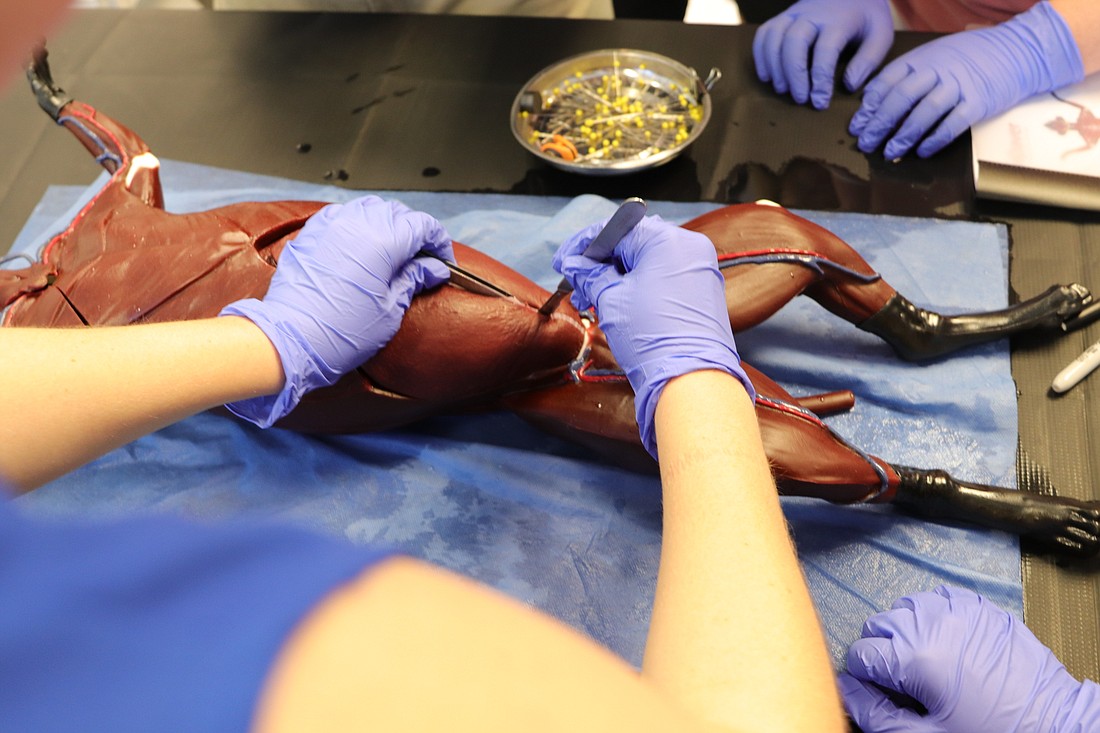Cats. Just seeing the word in print will send some people running for allergy pills, lint brushes and air fresheners.
Sure, others will see it and imagine cuddling on a couch or happily watching a loving pet chase a piece of yarn or nap in a thin patch of sunlight.
But not the first group.
Well, a Tampa biotech firm has come up with a solution that could make both parties happy: a synthetic cat.
Yep, a cat that looks and feels real but, much to the joy of people in the first group, isn’t.
This cuddly creation comes from Tampa-based SynDaver, an advanced biotechnology firm, which announced last month it had developed a synthetic feline.
It wasn’t created as a compromise between cat lovers and cat haters, though. It was developed, instead, as a tool to help students in veterinary school learn how to spay the animals without having to practice on a real one.
The company, in a statement, says the synthetic animals are “superior training devices to cadavers because they mimic living tissue” and “maintains the fidelity and life-like properties of live tissue.”
The idea is that using the synthetic felines will allow students to get comfortable with the surgical tools and procedures without the pressure of harming a real cat.
There is no word yet about when – if ever – the synthetic cats will be made for people’s home, but one day soon they could get into the hands of kids. The company says it is “hopeful” that high school and younger students will get access to the surgical model, “expanding advanced education to younger students.”
Coming up with lifelike objects is nothing new for SynDaver, whose name rhymes with cadaver. The company was founded in 2004 and makes lifelike human and animal bodies for schools. Along with synthetic humans and cats, the company manufactures dogs, pigs and, since 2019, artificial frogs for kids to dissect in biology class. The synthetic tissue is made of water, fiber and salts, the company says.
The forward-thinking feline, says SynDaver’s CEO, Christopher Sakezles, is one of many more synthetic products for the company, which has at least 15 patents. In an interview with the Business Observer two months before the pandemic, Sakezles said the company could look to go public by mid-2021. In the meantime, it is building out product lines.
“In the next couple of months, we are going to roll out additional veterinary products, including a synthetic monkey arm, and we have even discussed the possibility of potentially one day developing a manatee or dolphin," Sakezles says in the release.
And that’s good news because you will be hard pressed to find anyone who doesn’t agree manatees and dolphins are delightful.






